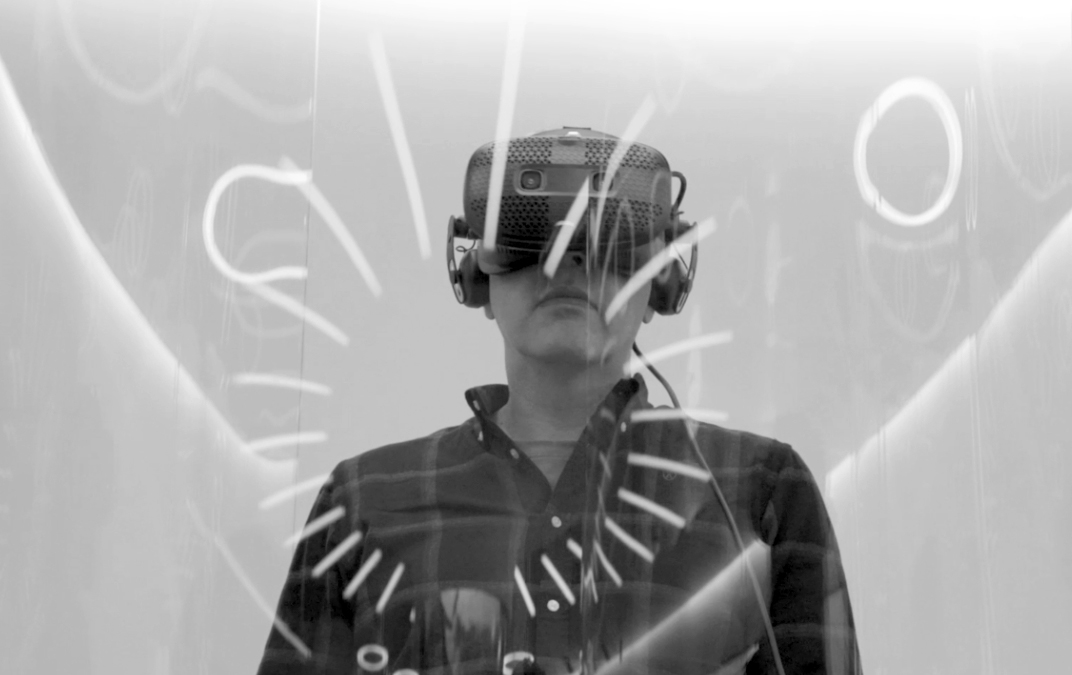Generative AI feeds on your brain: you can checkout now.
- Date
- Written by Nacho Bazarra
"Everything that is not tradition is plagiarism". Eugenio D'Ors' aphorism, which is displayed in the north wing of the Casón del Buen Retiro, which was home to the Museum of Artistic Reproductions (hundreds of copies of classical sculptures), comes to say that in the end everything is a copy. Is this also true of what Generative Artificial Intelligence (GenAI) does?
Surely you've asked yourself this question before. Where do ChatGPT, Bard, DALL.E, Midjourney and other GenAI systems feed from? If we rummage through its main sources, we find suspicious traces of the Prado Museum and the Guggenheim, but also of the archives of the New York Times, Pixar, Getty or, for example, paragraphs inspired by the 190,000 pirated books circulating on the net without copyright control. To them we add this very article you are reading: probably by now it has already been phagocytized by the AI.
Is it possible to talk about original and copy in 2024? We can. Because content creators -advertisers, photographers, illustrators, journalists, painters, designers, writers, scientists- have our intellectual property rights recognized. We and the companies we work for, to whom we cede our work because they pay us for it.
The diary The New York Times just sued OpenAI in Manhattan court for allegedly hacking its content to train ChatGPT's neural networks. The Microsoft-owned company is valued at $80 billion, but so far it does not compensate those who nurture its tools. Something happened with GenAI.
Precedents in the U.S. and the defensive wall erected in Europe
The New York court already ruled a decade ago against the claim of writers and publishers who saw their rights damaged by Google Books by digitizing millions of books with a scanner. The case, called The Authors Guild, Inc., et al. v. Google Inc., was resolved in favor of Google.
That trial showed the general lack of interest of Big Tech in adequately compensating content creators. Google, for example, did not mind paying $26 billion in 2021 to Apple and other mobile developers to offer its search engine as a default option. But the authors were left high and dry.
Let's not forget that OpenAI is linked to Microsoft, DeepMind to Google and Anthropic to Amazon. GenAI is concentrating on the big technology companies. Following the Manhattan lawsuit, an OpenAI spokeswoman, Lindsey Held, was quoted by the NYT itself, was in favor of reaching an agreement: "We respect the rights of content creators and owners and are committed to working with them to ensure that they benefit from AI technology and new revenue models".
In fact, OpenAI has already signed a peace agreement with some publishing groups such as the German consortium Axel Springer (Business Insider, Bild, Transfermarkt, Politico) and the Associated Press, which will allow ChatGPT to train on millions of news stories archived by AP since 1985.
But there are also lawsuits underway from writers against IAG systems that not only copy their texts, but also learn to express themselves with their own style of narration. Companies like Getty, with an archive of nearly 500 million high-quality images and videos, have detected the fraudulent use and are considering taking it to court. In a very clever strategy, Getty has launched its own AI, trained exclusively on its photographers' images, and dedicates part of the revenue to remunerating the authors.
Alarm bells were sounded months ago after it was published that close to 190,000 books circulating unchecked on the Internet were part of the "training" of IAG's chatbots. The Authors Guild (the association that lost the lawsuit against Google) has assembled 15,000 signatures of writers that, in a letter to OpenAI, Alphabet, Meta, Stability AI, IBM, and Microsoft, warning them that their tools are profiting from the copying of their literary creations. Among the signatories, Margaret Atwood (The Handmaid's Tale) and Dan Brown (The Da Vinci Code).
While in the English-speaking world, the demands and warnings are repeated, in Europe we have rushed to regulate. The Council and the European Parliament reached an agreement last December to implement the first Artificial Intelligence Act, already known as the AI Act. The negotiations, in which the hitherto Secretary of State for Economic and Monetary Affairs Carme Artigas, led to a consensus text on highly controversial topics such as biometric systems and the biases of AI tools.
There is a specific section for IAG that seems to be written with tools like ChatGPT in mind. The users and brands that use these systems we must clearly specify that the texts, music or images have been created with GenAI. And the creators' copyrights on which these chatbots have been based should be recognized. The problem is that the law will not come into force until 2026.
With the law we have stumbled, ChatGPT will tell us if we put this article in the prompt. AI, with those sanctifying capital letters, as Antonio Muñoz Molina calls it, is the most disruptive thing we have on our hands today. At Darwin & Verne we have created a specific business division, Phileas. We are training and we will soon take the field. Stay tuned.

